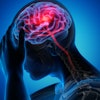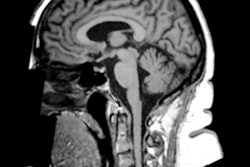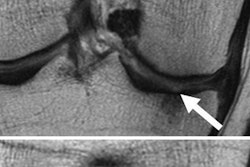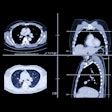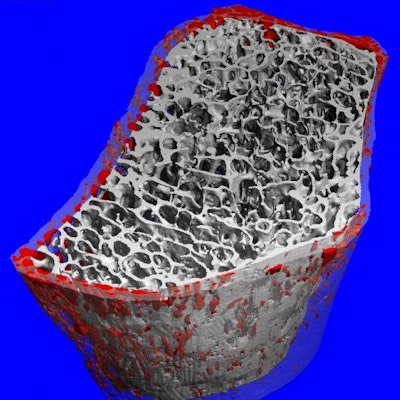
Obese teenagers are at higher risk of permanent bone loss, according to research from Boston being presented on Monday, November 28, at the RSNA 2016 meeting in Chicago.
Childhood and adolescent obesity is already associated with a greater risk of cardiovascular disease and diabetes. However, researchers wondered if it could also negatively affect bone structure, especially because growth hormone, which is key to bone health, is also lower in adolescents with visceral obesity.
 Dr. Miriam Bredella from Massachusetts General Hospital.
Dr. Miriam Bredella from Massachusetts General Hospital."Adolescence is the time where we accrue our peak bone mass, so bone loss during this time is a serious problem," said lead author Dr. Miriam Bredella, from Massachusetts General Hospital, in a statement released by RSNA. "We know from other chronic states that lead to bone loss in adolescence, such as anorexia nervosa, that increased fracture risk persists in adulthood, even after normalization of body weight."
Bredella and colleagues included 11 adolescents with a mean age of 17 and a mean body mass index (BMI) of 44 kg/m2 in the study. Study participants underwent high-resolution peripheral quantitative CT (HR-pQCT) exams to measure bone mineral density and bone architecture in their arms and legs, as well as dual-energy x-ray absorptiometry (DEXA) exams to determine their body composition, including both lean mass and visceral fat mass.
Visceral fat can cause inflammation that breaks down bone and prevents the absorption of vitamin D, which is important for bone health, according to Bredella's group.
The results showed a positive association between BMI and cortical thickness (r = 0.82, p = 0.007) and cortical area (r = 0.68, p = 0.04), with visceral fat mass associated with bone porosity and lean mass associated with trabecular density and volume (r = 0.77, p = 0.02 for both correlations). Visceral adipose tissue (VAT) mass was positively associated with cortical porosity (r = 0.73, p = 0.02).
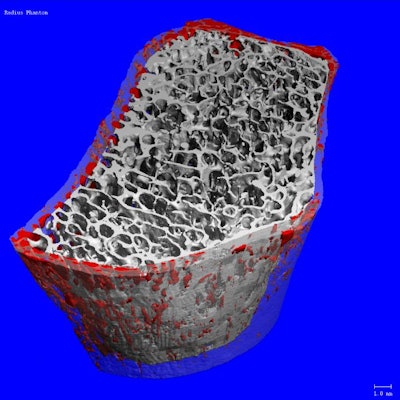 Image acquired using a Scanco Medical XtremeCT scanner. Courtesy of RSNA.
Image acquired using a Scanco Medical XtremeCT scanner. Courtesy of RSNA.The findings suggest that adolescents with a high amount of visceral fat coupled with a low amount of muscle mass are at risk for weakened bone structure, the group concluded.
"The best way to prevent bone loss is a healthy diet that contains adequate amounts of calcium and vitamin D, along with sufficient exercise, as we have shown in our study that muscle mass is good for bone health," Bredella said.


